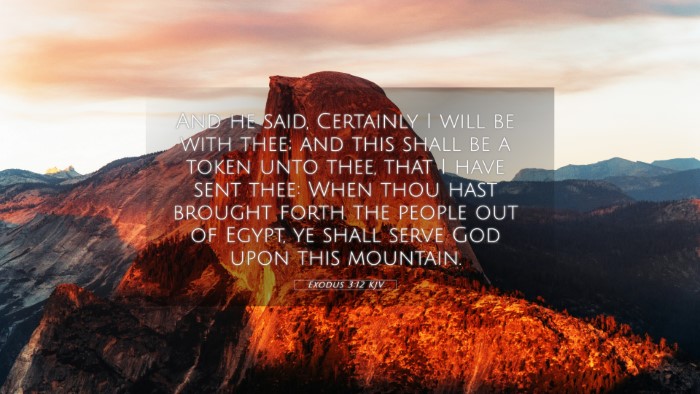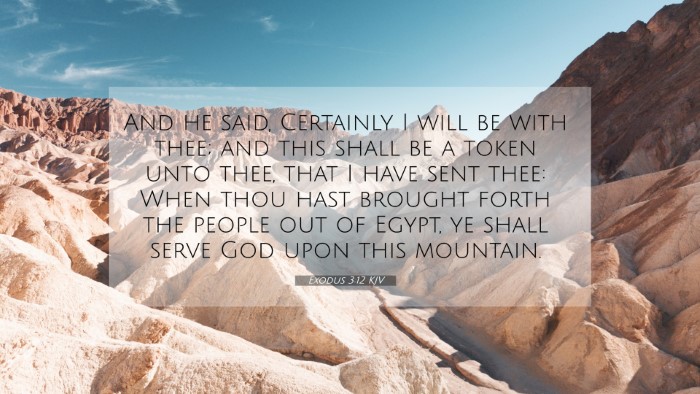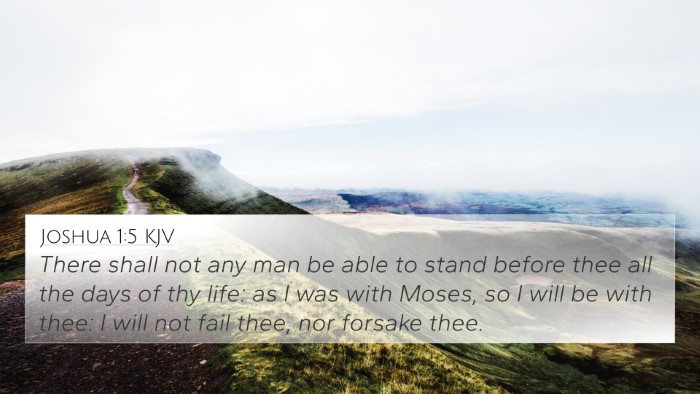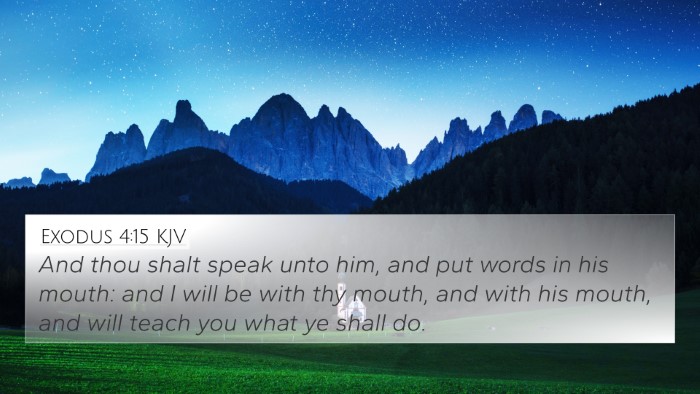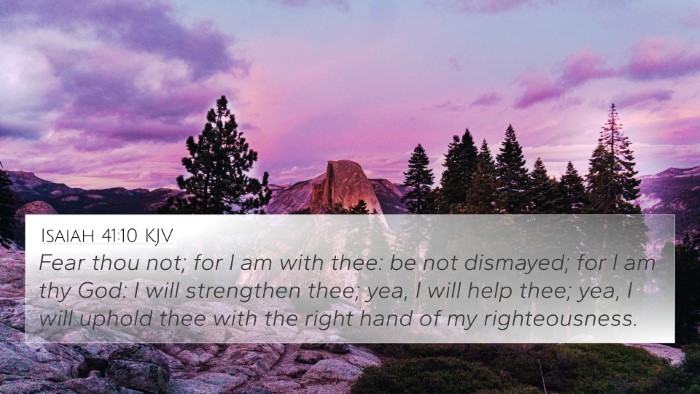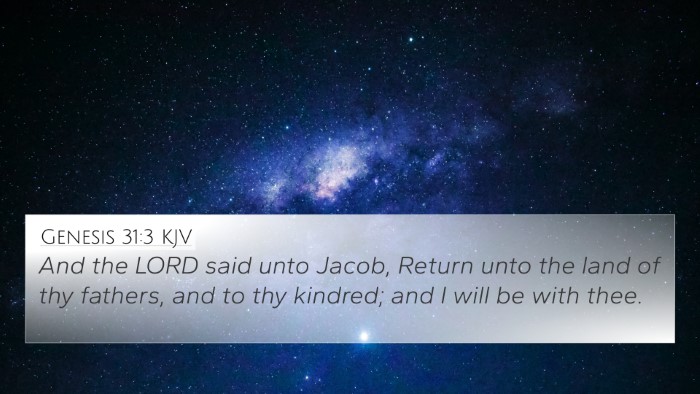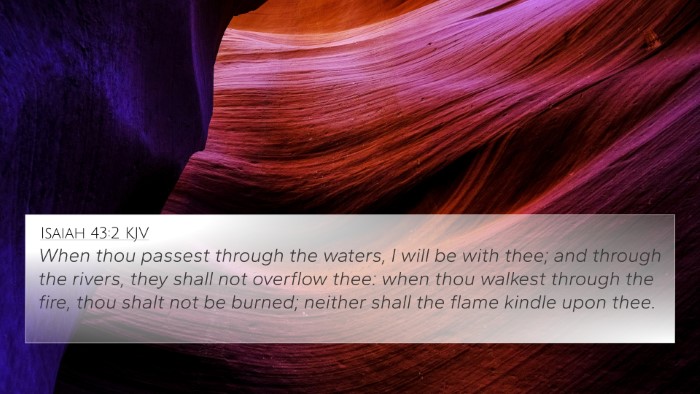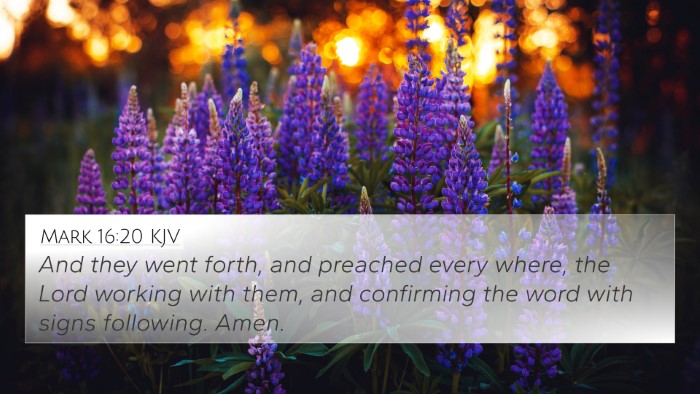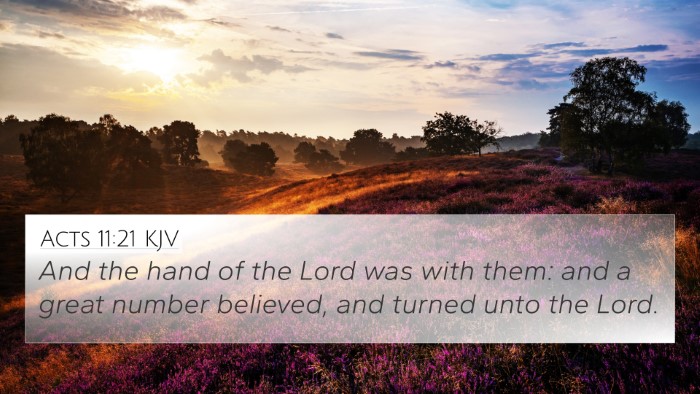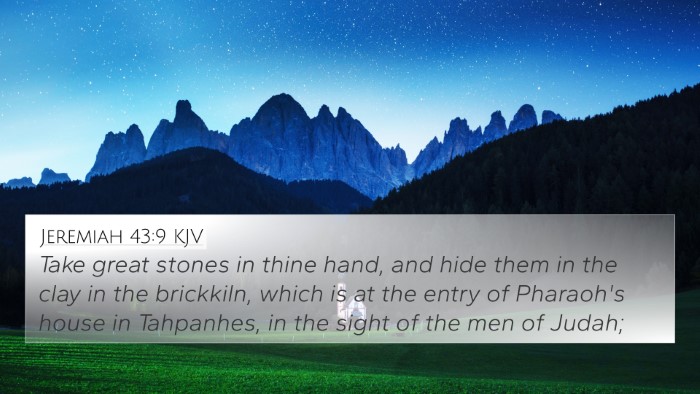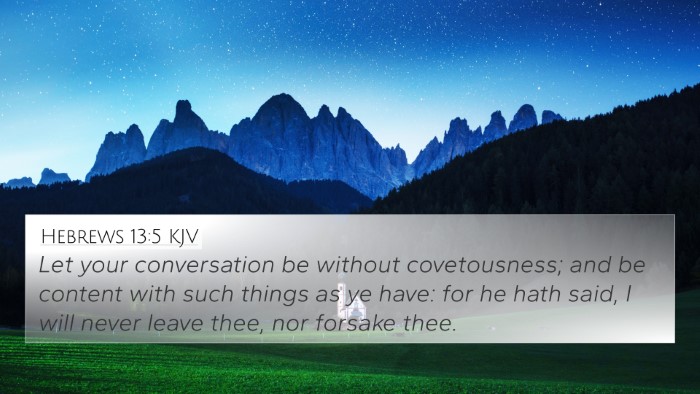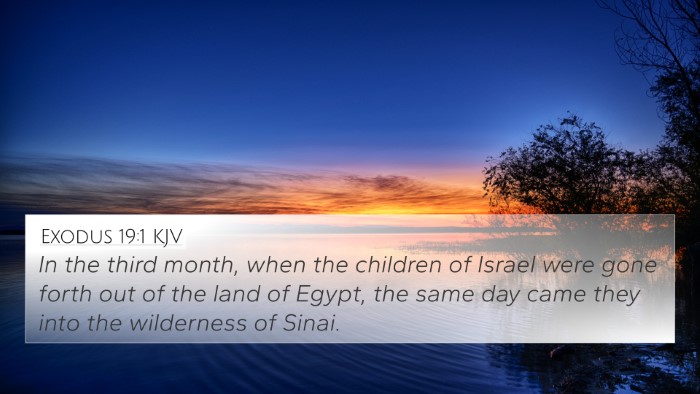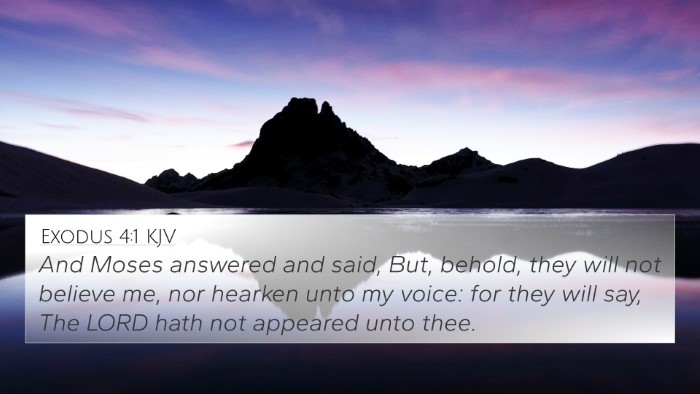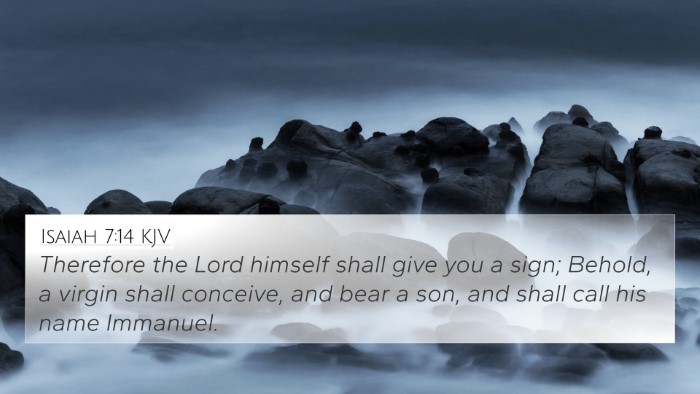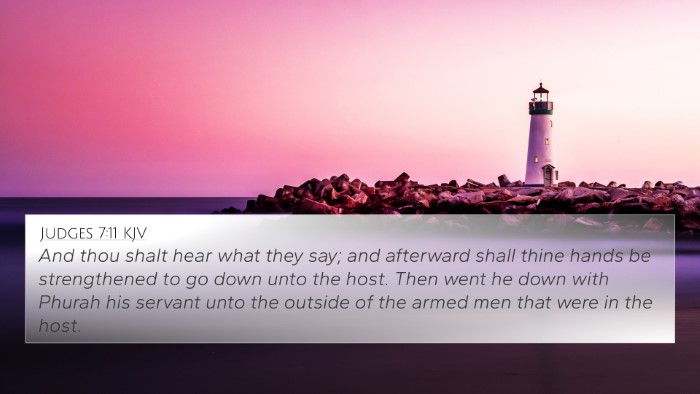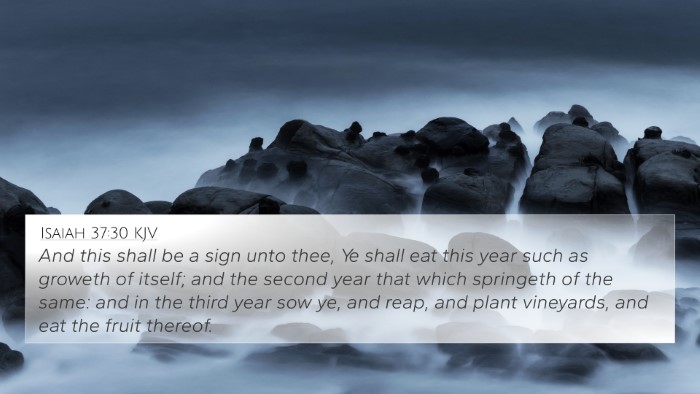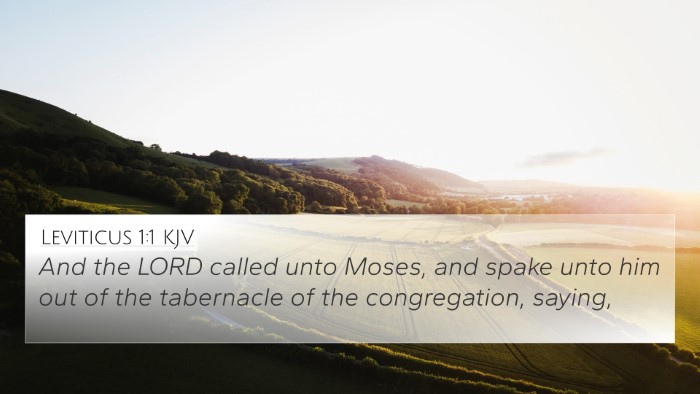Exodus 3:12 - Understanding the Divine Assurance
Verse (Exodus 3:12): "And God said, ‘I will be with you, and this shall be the sign for you that I have sent you: When you have brought the people out of Egypt, you shall serve God on this mountain.’"
Context and Overview
The verse occurs during God's burning bush encounter with Moses. It is a pivotal moment in the biblical narrative, where God commissions Moses to lead the Israelites out of slavery in Egypt. God's words are an assurance of His divine presence and a promise of liberation.
Commentary Insights
Matthew Henry's Commentary: Henry emphasizes the significance of God's promise of presence. The declaration "I will be with you" is not merely logistical but embodies the covenantal relationship between God and His people. It conveys that God empowers His chosen leaders, transforming their doubts into confidence through His abiding presence. Henry also notes that the sign mentioned indicates that the journey will ultimately lead to worship and service, reflecting the purpose behind their deliverance.
Albert Barnes's Notes: Barnes points out that this verse serves as a dual reassurance to Moses. Firstly, it addresses Moses' apprehension about his worthiness to fulfill the task, implying that it’s not about Moses' ability but God's presence. Secondly, the sign that they will worship on the mountain signifies that true service to God originates from a place of liberation and deliverance. This idea connects deeply with the theme of worship as a response to salvation.
Adam Clarke's Commentary: Clarke explores the implications of "This shall be the sign." He discusses how God's promises are often accompanied by signs that reinforce faith. The act of bringing people out of Egypt and leading them to Sinai signifies both physical deliverance and spiritual awakening. Clarke highlights the importance of recognizing the mountain as a significant place of encounter with God, indicating that genuine communion with God occurs after liberation.
Thematic Connections
The verse encapsulates themes of divine presence, leadership, and worship. It shows a profound connection between liberation from bondage and the call to worship, highlighting how God equips His servants for tasks beyond their natural capacity.
Bible Verse Cross-References
- Matthew 28:20: "And surely I am with you always, to the very end of the age." - Echoes the theme of God's continual presence.
- Isaiah 41:10: "Do not fear, for I am with you; do not be dismayed, for I am your God." - A reassurance during times of fear.
- Romans 8:31: "If God is for us, who can be against us?" - Highlights divine support in ministry.
- Joshua 1:9: "Have I not commanded you? Be strong and courageous. Do not be afraid; do not be discouraged, for the Lord your God will be with you wherever you go." - Assurance for leadership.
- Acts 7:30-34: Reflects on Moses' calling and God's concern for His people during their suffering.
- 1 Corinthians 10:1-4: Connects the Israelites’ deliverance with the concept of spiritual sustenance.
- Hebrews 13:5-6: "Never will I leave you; never will I forsake you." - Reiterates God's unfailing presence in the lives of His people.
Application for Modern Believers
For contemporary believers, Exodus 3:12 serves as a powerful reminder that God's call often comes with uncertainty, yet His promise to be present can transform fear into confidence. Understanding the connections between Bible verses, such as those found in the cross-references above, reinforces the consistency of God’s nature throughout scripture and reaffirms that every call to service is coupled with divine support.
Tools for Bible Cross-Referencing
Utilizing a bible concordance or a bible cross-reference guide can greatly enhance understanding. Methods such as bible chain references enable readers to explore thematic connections, revealing how various scriptures dialogue with one another.
Conclusion
Exodus 3:12 is not just a historical moment but a timeless invitation to recognize God's presence as we navigate our own lives. As we engage in cross-referencing Biblical texts, we become more equipped to understand our purpose, call, and the divine assurance that accompanies it.

